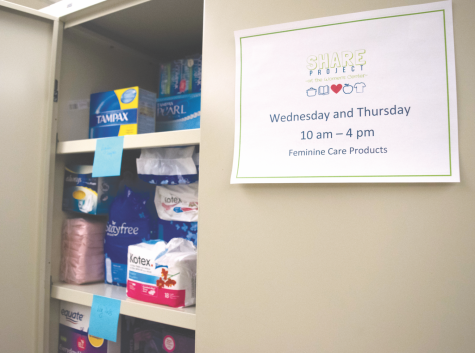Students struggle to get a full night’s sleep
February 18, 2010
Class. Study. Work. Friends. With everything students have to do in a day, finding enough time to sleep can be impossible.
Eric Wunderle said he probably gets six or seven hours of sleep each night during the week, if that.
Most students need between seven and nine hours of sleep a night to function normally, according to mayoclinic.com. It is normal for people, like Wunderle, to need more sleep than the recommended amount. Someone who has had a good night of sleep will not feel drowsy the next day.
“I try to make it up on the weekend,” said the senior business management and managerial marketing major. “It’s tough to get up on Mondays because you’ve been sleeping a ton.”
Sleeping little during the week and making up for it on weekends may do more harm than good, because this disrupts the body’s natural sleep-cycle.
Research suggests people deprived of sleep, especially REM sleep, are being deprived of memory retention as well, said Robin Joynes, assistant professor of psychology.
“Maybe sleep is connected to memory, so if you have more sleep you’ll do better on tests,” she said.
For the sake of health and good grades, sleep needs to be higher on students’ priority list. The good news is as people get older, they can function on less sleep.
“That’s why your grandparents get up at five in the morning,” Joynes said.
Contact features correspondent Kelley Stoklosa at [email protected].























